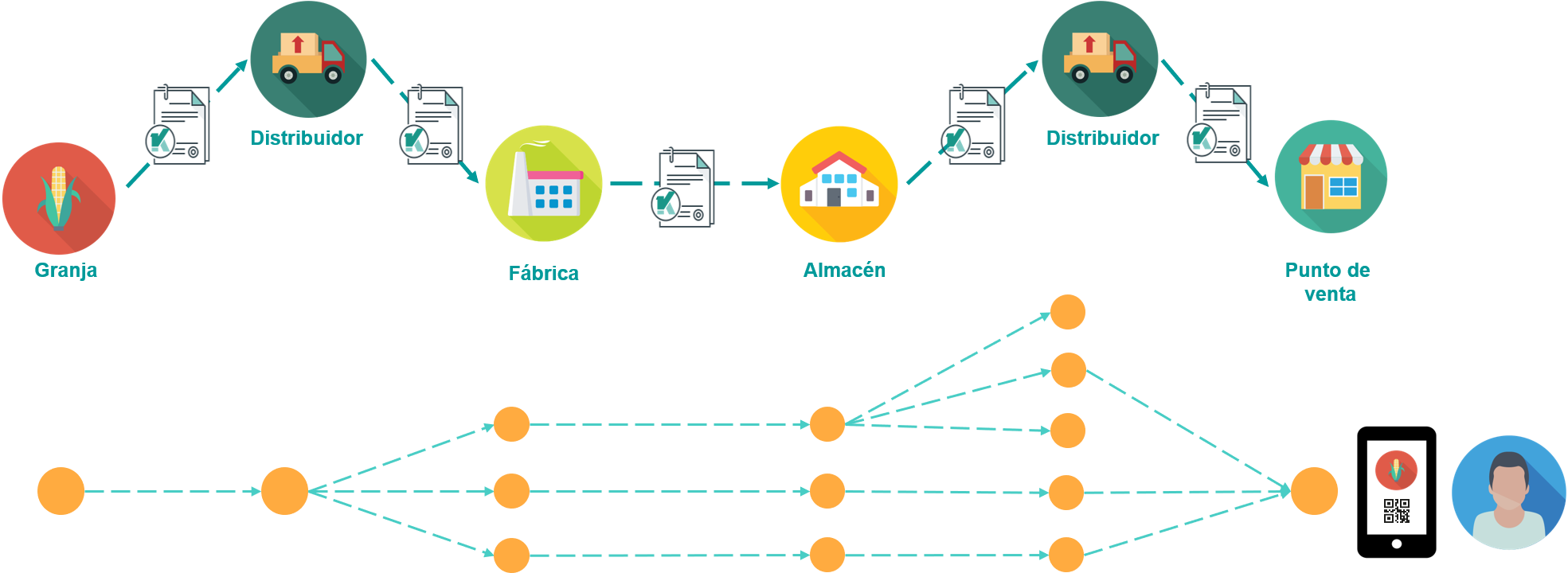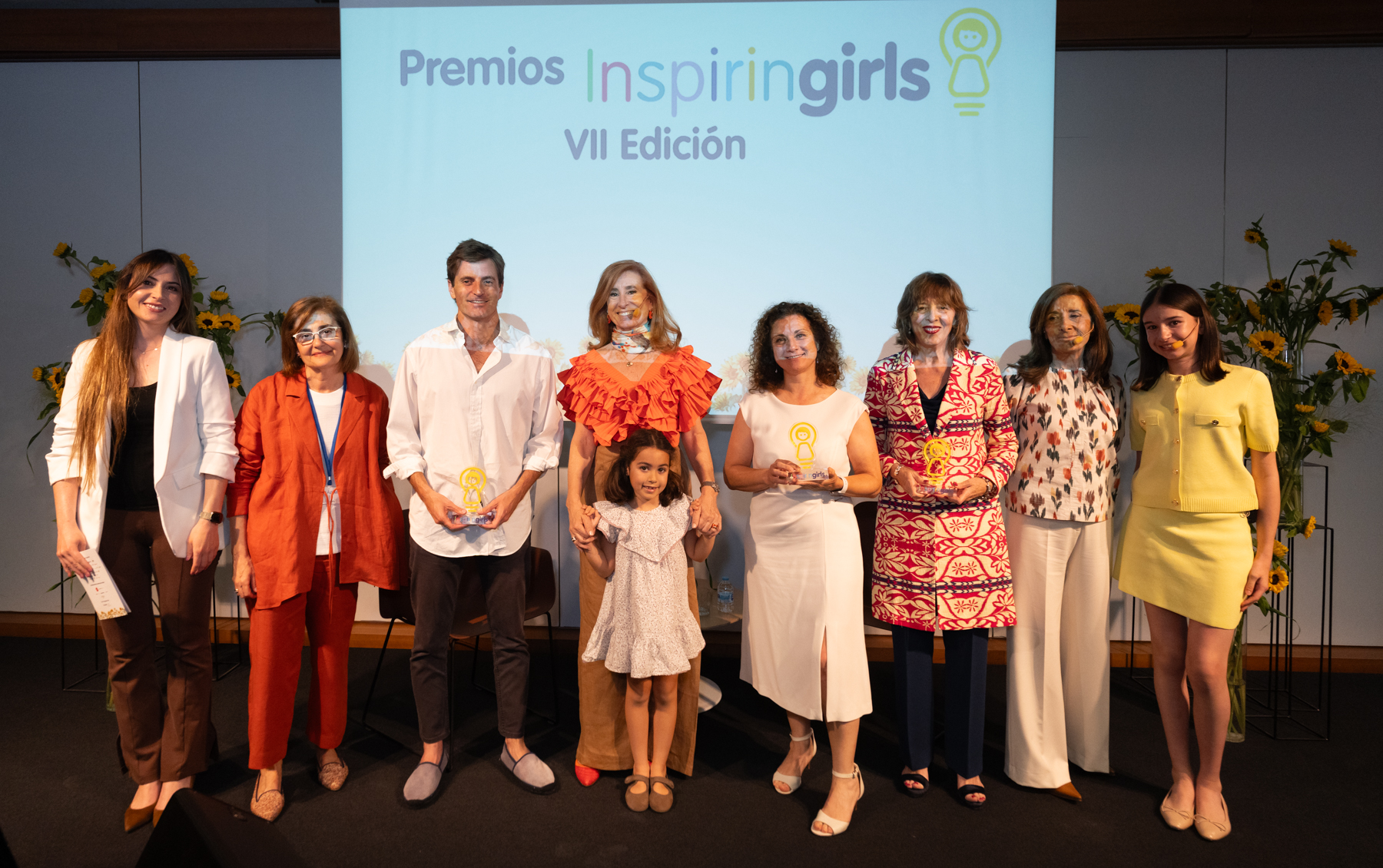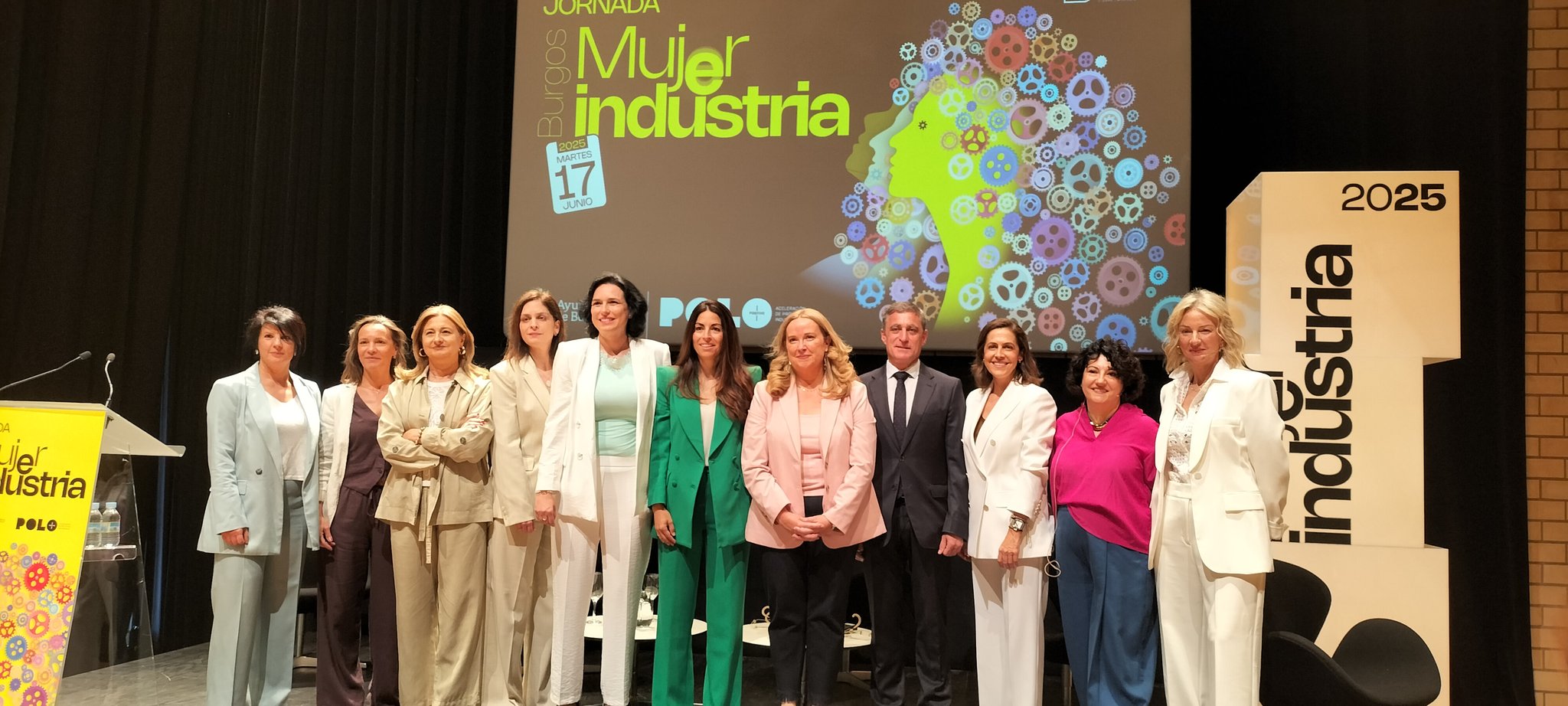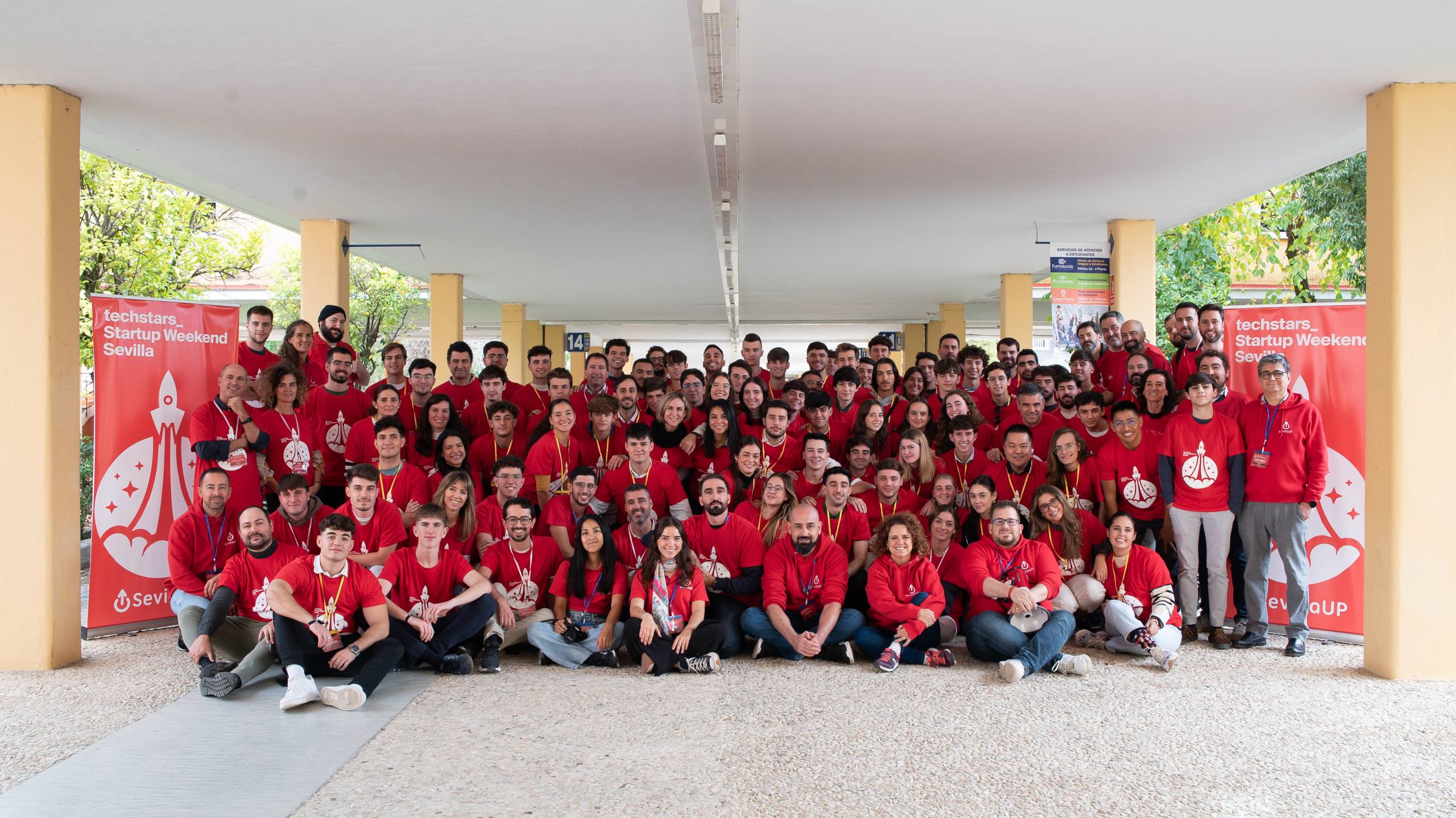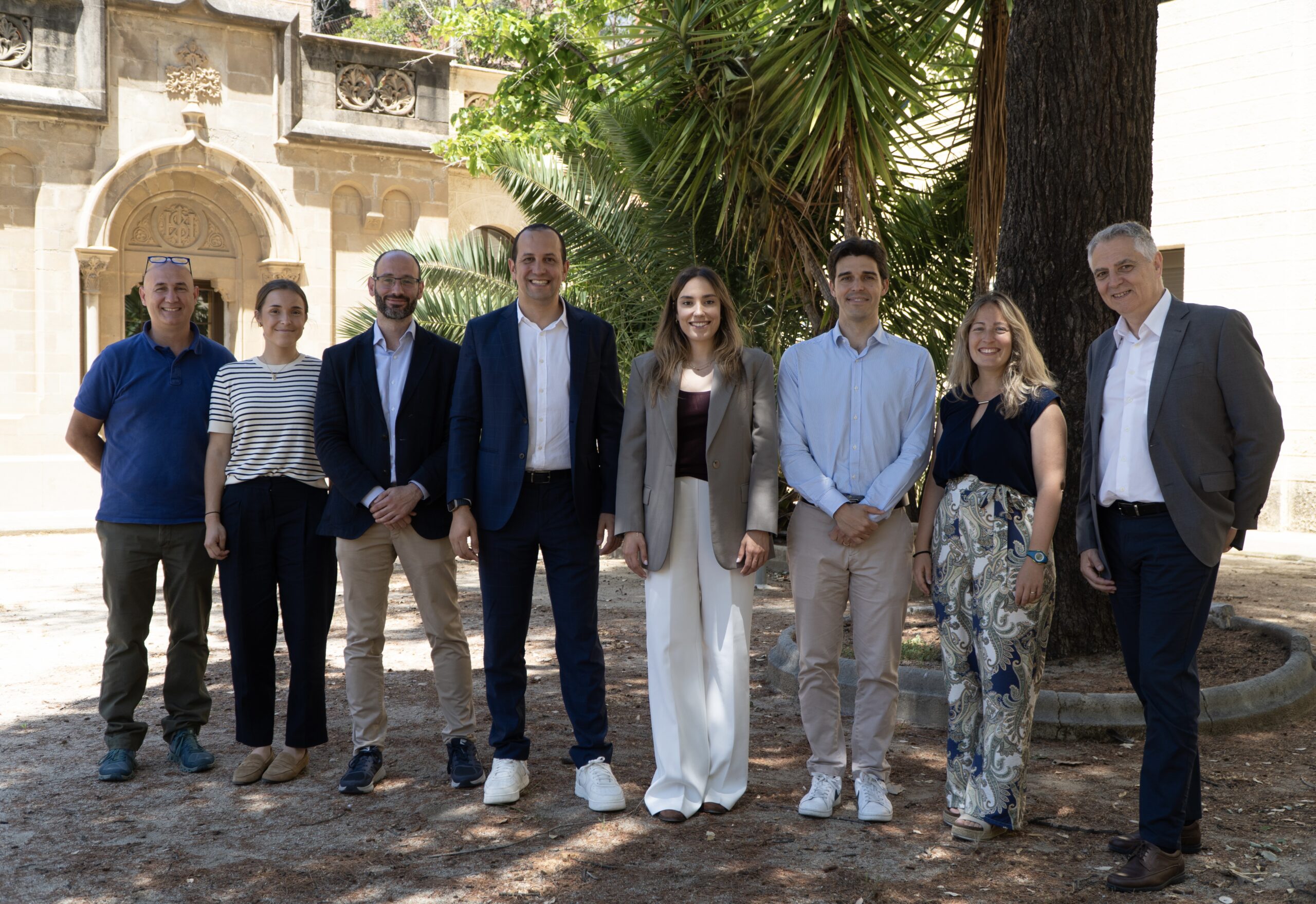Barcelona-based Kualito is looking to blockchain technology to disrupt the food industry by introducing new business models that were never before possible.
Novobrief sat down with Kualito CEO and Founder Eduard Barroso at Techstars Startup Weekend Social Impact Edition in Barcelona earlier this month to discuss how the Spanish startup is working to help farmers and businesses achieve higher standards of quality in the food industry.
Kualito was founded to disrupt the food ecosystem
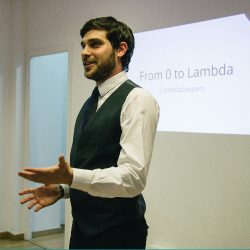
Eduard Barroso
“We are trying to create new business models for the food industry,” says Barroso, adding, “For example, IT is an industry that has always been operating in the same way, but with new technologies like blockchain, there are new opportunities to disrupt, and Kualito’s mission is to bring this technology to food sector.”
Food coming from farm to table travels a long way on the supply chain, and assuring quality at every step along the way means having to keep track of those standards through each intermediary.
This involves farmers of vegetables and livestock sending their food products to factories and distributors and then to restaurants, super markets, and other points of sale while maintaining food quality and safeguarding the reputations of all involved.
To achieve this Barroso says, “We think blockchain can be the solution. It brings possibilities to create new business models, and this is what I like the most. You can apply tech to optimize, but also to create new business models.”
Barroso and I got to talking on real world examples of this, and although the following may apply to any type of food, be it plant, fungi, or animal, we really got stuck-in to talking about chickens to highlight Kualito’s vision.
With blockchain, we can help them achieve a certain standard of quality that makes them a benchmark in the industry, so others can look to them for quality.
“For example,” says Barroso, “if you have a chicken farm, we can help produce more chickens in an optimal way, but we can also help the farmer create a brand for him or herself. This doesn’t create more chickens, but it creates more opportunities for the business.
“With blockchain, we can help them achieve a certain standard of quality that makes them a benchmark in the industry, so others can look to them for quality.”
The Kualito CEO then laid out how this can be achieved.
“Imagine we could monitor that a chicken was raised with best quality standards, and at the same time, monitor how antiobiotics were administered, and there are sensors to monitor this using IoT.
“So, you can monitor the health of the chicken, which affects the health of the consumer, and all of this can be put on a database or a ledger that cannot be modified or manipulated, like a sort of thermometer or a gauge.
“This can disrupt the marketing of competitors, because competitors can’t prove the quality of their products in the way Kualito can,” he adds.
At present, Kualito’s web-based application gives users:
- Update and Advice on food regulations
- Advice for obtaining certifications at the national and international levels
- Training
- Advice in case of incidents related to establishments and food products
- Resolution of doubts related to food safety



